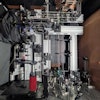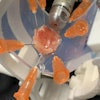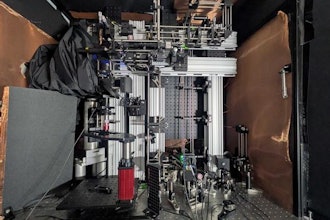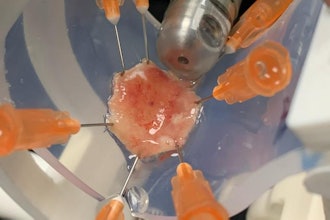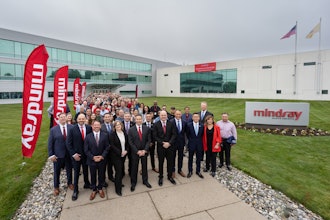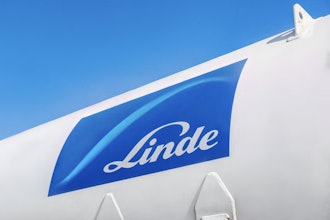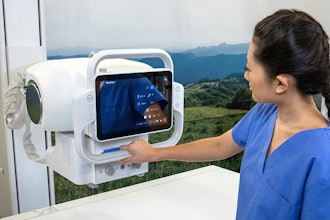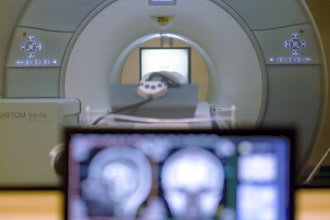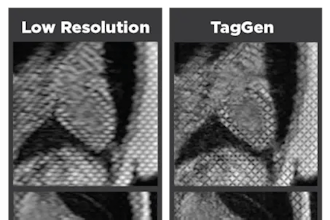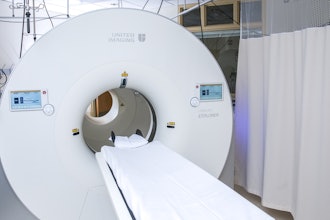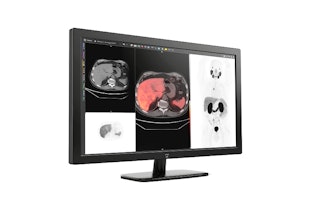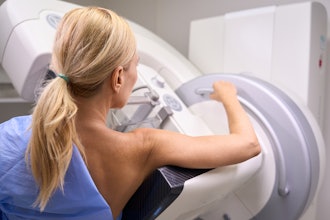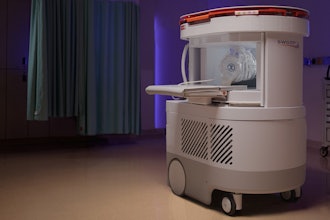
GE HealthCare has today announced, at the European Congress of Radiology (ECR) in Vienna, Austria, the completion of Phase I subject recruitment in its early clinical development program for a first-of-its-kind manganese-based macrocyclic magnetic resonance imaging (MRI) contrast agent. Typically, MRI agents – used to enhance visualization of abnormal structures or lesions and to aid differentiation between healthy and pathological tissue – are gadolinium-based. This manganese-based agent could broaden GE HealthCare’s portfolio of MRI contrast agents available to radiologists, providing a potential alternative in light of perceived concerns relating to gadolinium retention.
The macrocyclic, extra-cellular – or general-purpose – manganese-based contrast agent has comparable relaxivity - the ability of a contrast agent to enhance signal intensity during an MRI scan - and is expected to be diagnostically similar to current gadolinium-based contrast agents (GBCAs). Unlike gadolinium, manganese is endogenous, meaning that it is a trace element that is naturally occurring in and efficiently eliminated from the body. Along with its magnetic properties, this makes a manganese-based agent a viable alternative to gadolinium. In addition, a non-gadolinium agent could help limit the potential impact of post-patient excreted gadolinium in the environment.
The clinical trial, based at the clinical research unit at the Oslo University Hospital, Rikshospitalet, Norway, and overseen by Lead Investigator, Hasse K. Zaré, aims to investigate the safety profile and how this injectable manganese contrast agent is eliminated from the body in healthy volunteers. Previous manganese-based MRI agents have been reliant on a ‘free manganese’ release mechanism for their imaging efficacy. This novel investigational agent is tightly bound to the chelate, in a macrocyclic cage-like structure, so it is rapidly eliminated from - rather than actively released into - the body.

